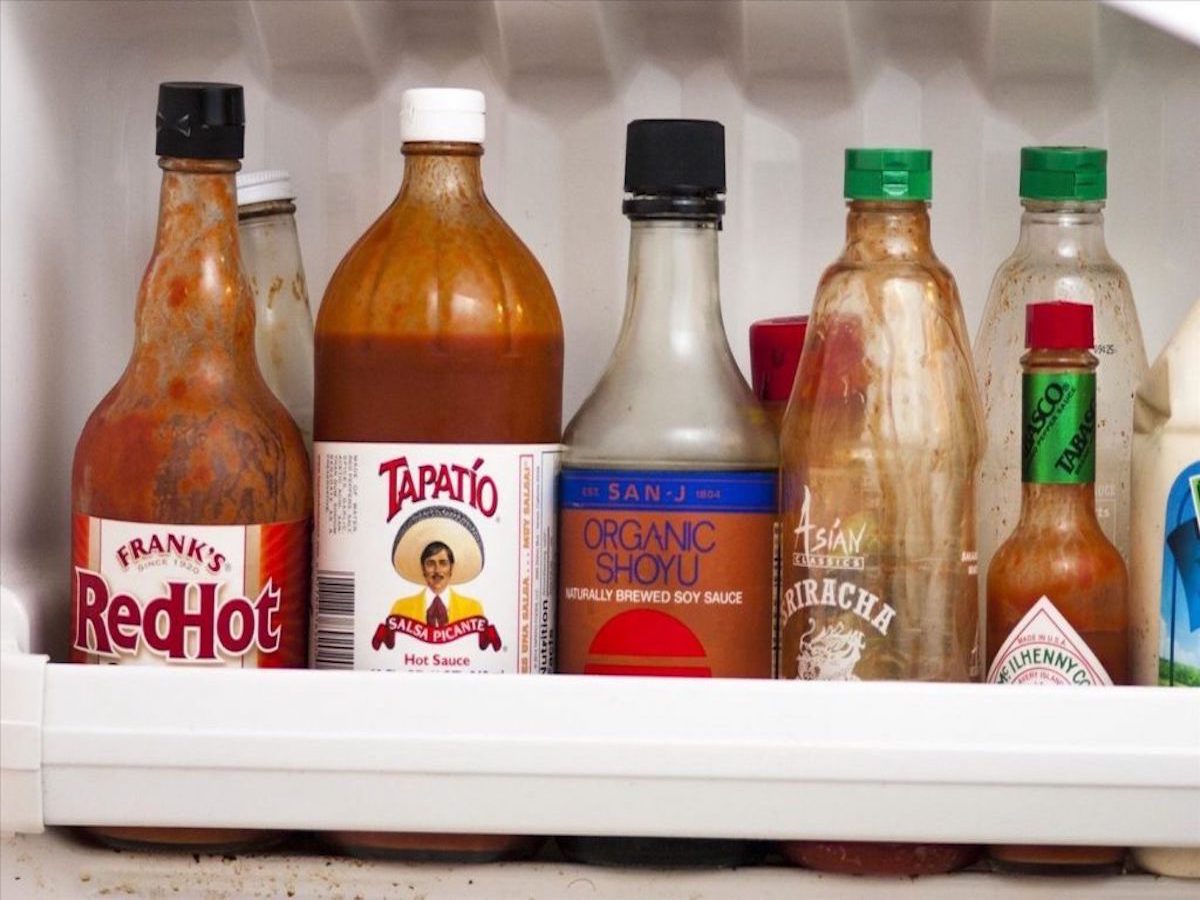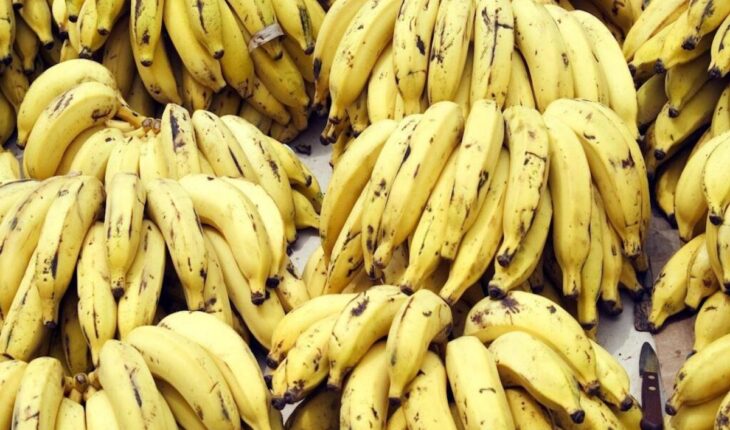9. Condiments
Did you know that many people store mayonnaise, sambal and soy sauce in the refrigerator? It’s a common practice, but here’s an interesting fact: you don’t really need to! Most condiments available in stores contain a combination of natural and artificial preservatives, which help keep them fresh for longer.

You might be wondering why manufacturers label the bottles of these sauces, instructing consumers to store them in a cool and dry place. Well, the truth is that they are indeed correct in emphasizing proper storage conditions, but it doesn’t always have to mean the refrigerator. In fact, a cool and dry spot in your kitchen cabinet can suffice just as well, allowing for easy access whenever you need a dash of flavor. Surprising, isn’t it? Even mayonnaise, with its creamy texture, can safely be stored outside of the fridge.
However, it’s important to note that homemade condiments are a bit different. When you make condiments from scratch, they generally don’t contain the same levels of preservatives as their store-bought counterparts. As a result, they have a shorter shelf life and are more prone to spoilage. For this reason, it’s advisable to store homemade condiments in the fridge to maintain their freshness and quality for as long as possible.

